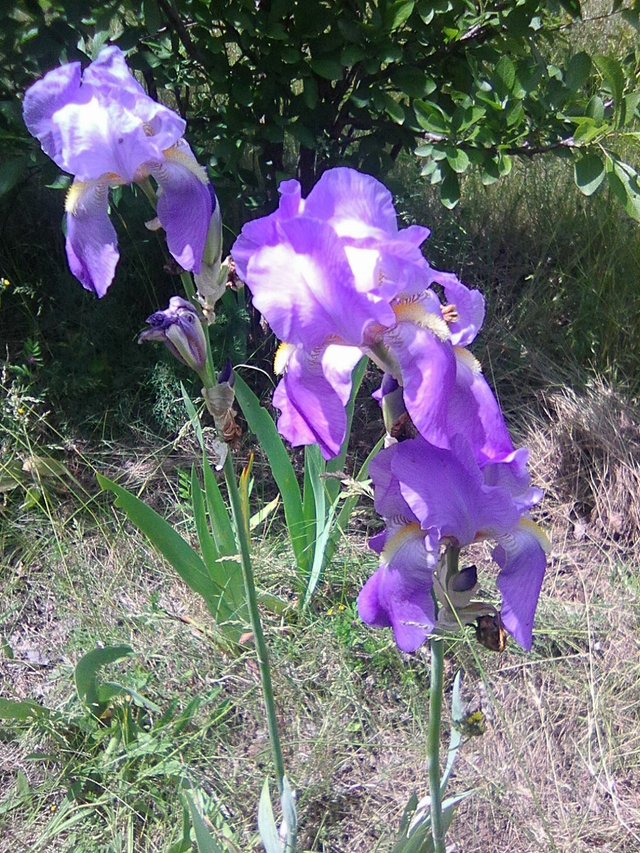The Only Banned Sage: Cannabis – Nature’s Most Controversial Herb
In the vast world of medicinal and aromatic herbs, sage holds a special place. For centuries, sages of many kinds have been revered for their healing, culinary, and spiritual properties. But among all its relatives, one "sage" has gained the most attention, controversy, and legal scrutiny: Cannabis.
Though not a true member of the Salvia (sage) genus, Cannabis has been nicknamed “forbidden sage” in herbalist communities due to its powerful properties and historical use in rituals and medicine. It's the only herb from this loosely defined “sage family” that is still banned in many countries, despite a growing body of research supporting its medicinal benefits.
A Sacred and Healing Plant
Cannabis has been used for thousands of years in cultures from India to China, and even by ancient Scythians in Eastern Europe. It was smoked, brewed, and used topically to relieve pain, calm the mind, and treat various ailments. Its psychoactive compound, has made it a subject of both reverence and fear.
In contrast, true sages like Salvia officinalis (common sage) and Salvia sclarea (clary sage) have enjoyed more peaceful reputations. Yet, all sages—including cannabis—share a common thread: they are potent plant allies when used responsibly.
The Legal Divide
What makes cannabis different? Primarily, its psychoactive effects. While culinary sages are celebrated for enhancing flavor and aiding digestion, cannabis challenges legal and moral norms by altering perception. This unique quality has led to its ban in many places during the 20th century, often for political and economic reasons rather than scientific ones.
Fortunately, the tide is turning. Today, cannabis is legalized or decriminalized in a growing number of countries for both medical and recreational use. As science catches up with tradition, cannabis is slowly being recognized not as a dangerous drug—but as another powerful herb in nature’s medicine cabinet.
